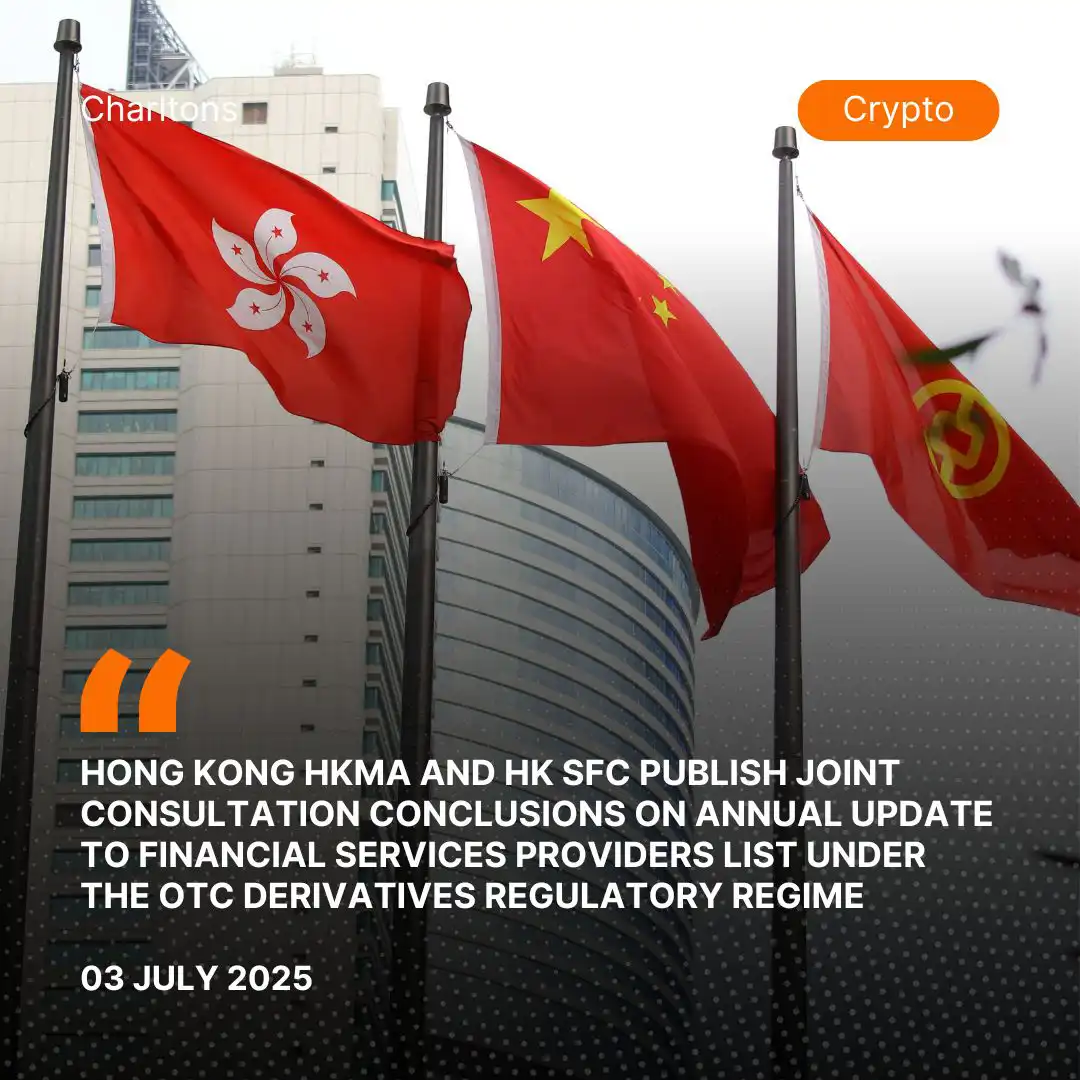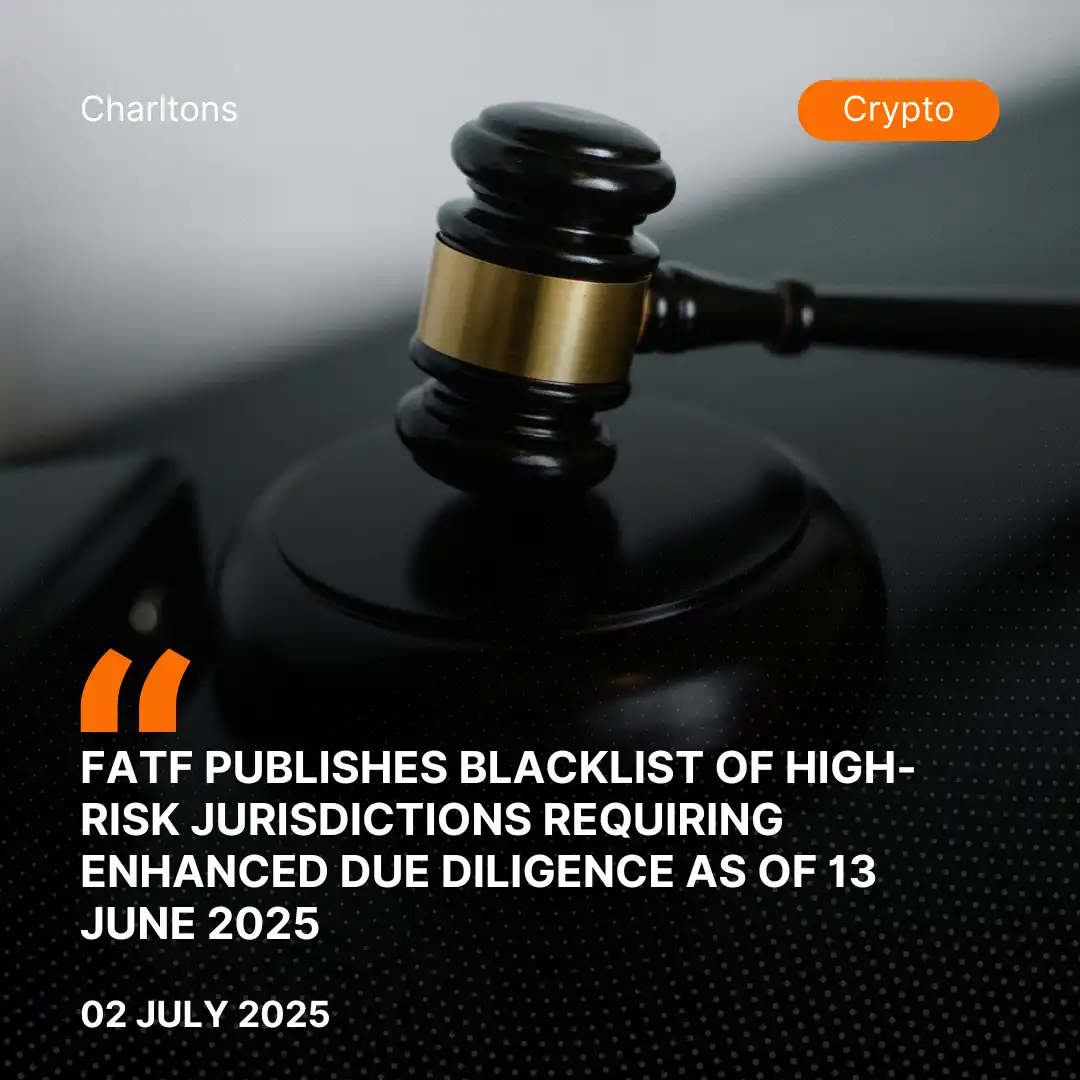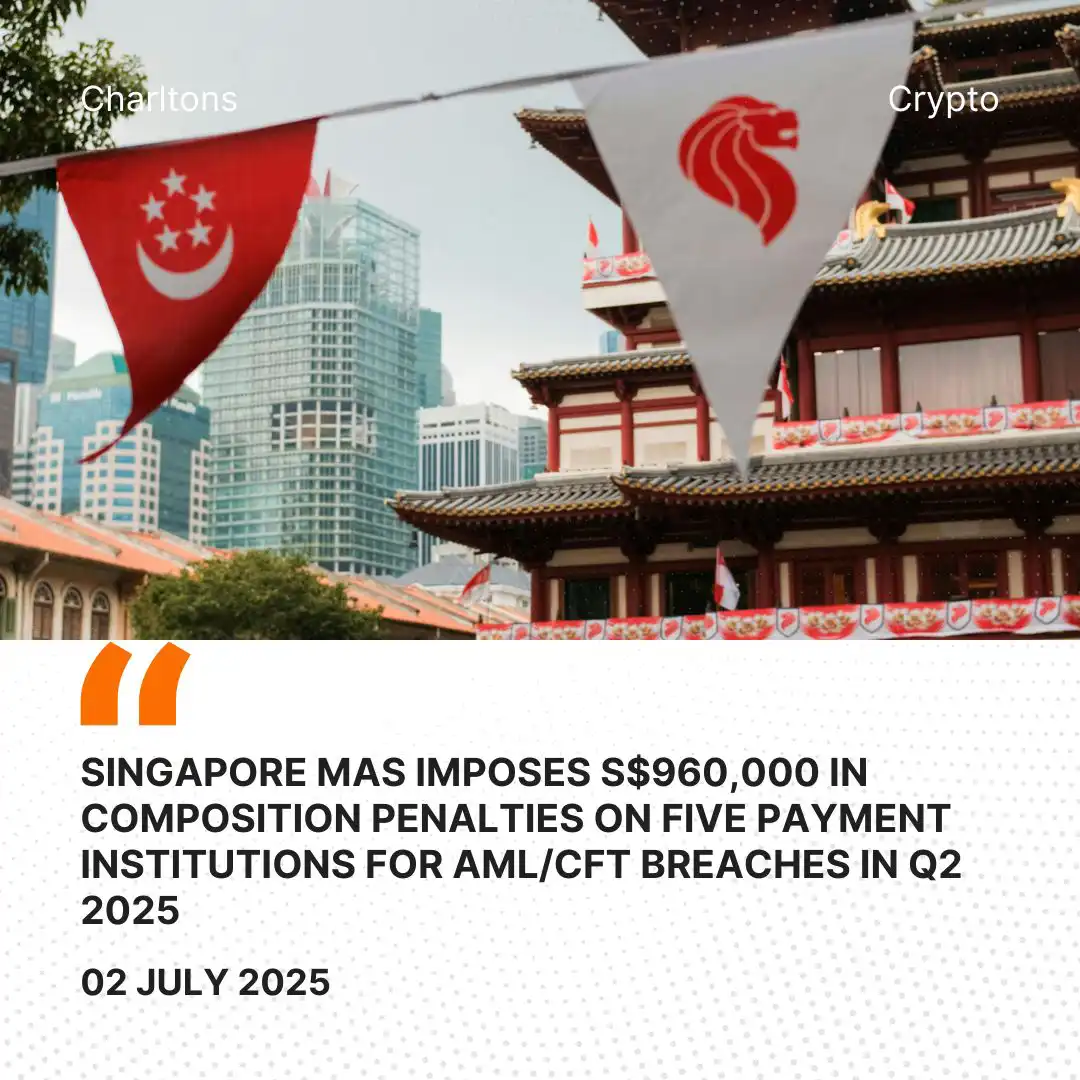
Nigeria’s Securities and Exchange Commission (SEC) has recently proposed a series of substantial fee increases for cryptocurrency firms operating within the country. These proposed amendments, if implemented, would represent a significant uptick in registration fees for digital asset exchanges, offering platforms, and custodians. The SEC asserts that these adjustments aim to provide greater clarity and regulatory oversight in the burgeoning cryptocurrency sector, reflecting input from industry stakeholders and recent engagements with the Central Bank of Nigeria (CBN).
However, the proposed fee hikes have sparked concerns among some stakeholders, particularly regarding the potential adverse effects on local entities. Critics argue that the proposed 400% increase in registration fees, coupled with the introduction of a high paid-up capital requirement of 500 million Naira ($310,343), may disproportionately favor larger foreign firms while placing undue financial burdens on domestic players. This could potentially stifle competition and hinder the growth of homegrown cryptocurrency businesses.
These proposed changes come amidst heightened regulatory scrutiny targeting cryptocurrency exchanges, with particular attention directed towards prominent platforms like Binance. Nigerian authorities recently accused Binance of manipulating the local currency, the Naira, resulting in a tense standoff between the exchange and regulatory authorities. Additionally, the SEC has suggested doubling the minimum paid-up capital requirement for prospective crypto service providers to 1 billion Naira, further raising the bar for market entry.
Against the backdrop of Nigeria’s economic challenges, including record-high inflation and currency instability following the abandonment of the long-standing currency peg in June 2023, these regulatory developments carry significant implications. Nigeria’s cryptocurrency adoption rate, which ranks among the highest globally according to recent surveys, underscores the importance of finding a balance between fostering innovation and ensuring regulatory compliance. The outcome of these proposed regulatory changes will shape the future landscape of Nigeria’s cryptocurrency industry and its attractiveness to both domestic and foreign investors.
While aimed at enhancing investor protection and regulatory clarity, these measures raise concerns about their potential impact on local businesses and foreign investment. Striking a delicate balance between fostering innovation and ensuring market integrity will be crucial as Nigeria navigates its evolving regulatory landscape in the cryptocurrency space.





